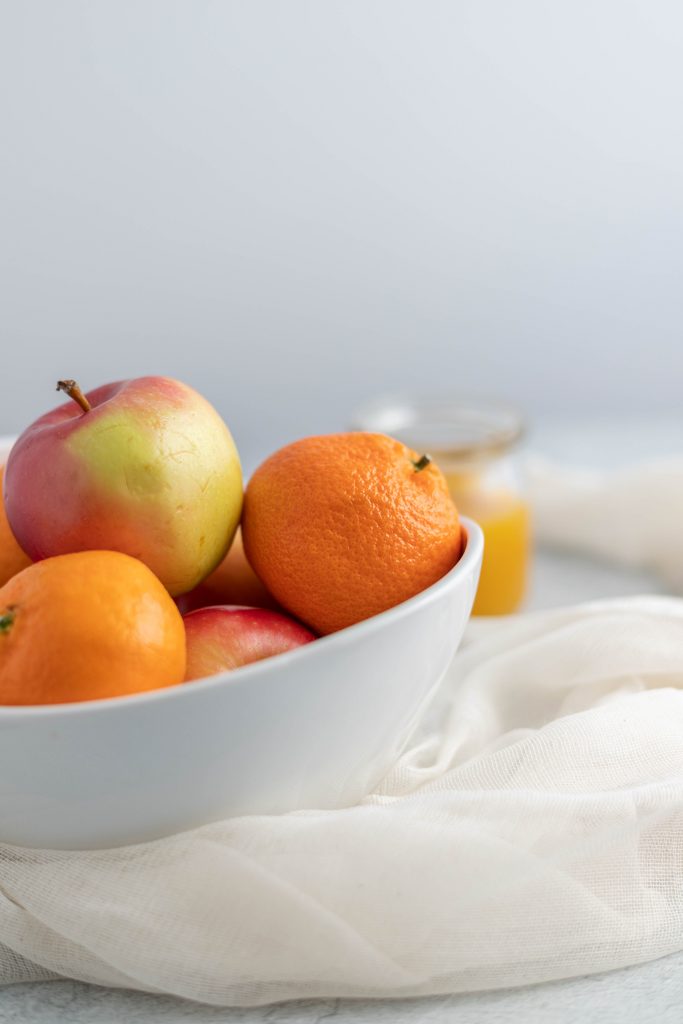
We are no longer cavepeople.
Comparisons are a healthy, very human way for us to process the information we take in from the world around us. It’s a natural instinct that we honed in our very primitive days, comparing rampaging animals to that time when a saber-tooth tiger mauled and killed Uncle Urg.
However, we are no longer cavepeople. Our comparison radars are too finely tuned for the nuance, diversity, and relative safety our modern world offers. When we’re unfairly comparing ourselves to others, like apples to oranges or fish to bananas, we’re making a mistake. It’s this unfair comparison that starts to feed the good old impostor syndrome – the Doppelganger inside all of us.
We obviously want to strive for big things, lofty ambitions, and pinnacles of mountains. That said, when we’re first starting out, comparing ourselves to the best in the world isn’t a great idea.
When you’re starting out at anything, or even when you’re moderately experienced, comparing yourself to the best in class is just not fair – to you or them.
I remember starting art school and watching in awe as my instructors would do a quick demonstration and produce something so breathtakingly beautiful it was painful. They’d capture in twenty minutes what I’d spend twenty hours on and still fail to achieve.
Thankfully, they would remind me that while they might have drawn something fantastic in twenty minutes, it took them twenty years to be able to do that.
This was such a helpful and healthy reminder, as it’s easy to fall prey to envy and jealousy when we see others doing what we want to be doing. Whether that’s a spot in the C-suite or a million-dollar Kickstarter campaign, or a Grammy, we need to remind ourselves that we’re really incomparable to those people.
Are you focused on the goal, or your work?
We didn’t live their lives. We don’t have access to their constraints or their assets. It’s easy to compare, but we need to start doing the work to stop looking at what others are doing and start looking at the work that we need to be doing.
The best in the world are the best in the world for a reason. As Malcolm Gladwell points out in his book, Outliers, it’s generally due to an incredible amount of hard work sustained over time, as well as a generous dollop of luck. We don’t compare the cognitive capabilities of babies, or even teenagers, to grown-ass adults. Why should we compare those of us still learning and growing to masters?
It’s great to have motivation and people to look up to. I know people often get lost in chasing the benchmark. The thing is, unless someone dies, they’re going to keep getting better, and the goalpost will always get farther.
You want to be the best in the world? Then focus on doing the work, learning from your success and failure, and keep shipping. Keep putting yourself out there. Keep showing up. Keep doing the work.
If you want to compare yourself to Bill Gates or Michael Jordan, then do it when you’ve put in their amount of time and effort. Do it when you’ve surpassed your teachers and those around you. Do it when there’s no one else to compare yourself to but them. That’s when it becomes a fair comparison, not one of apples to oranges.
